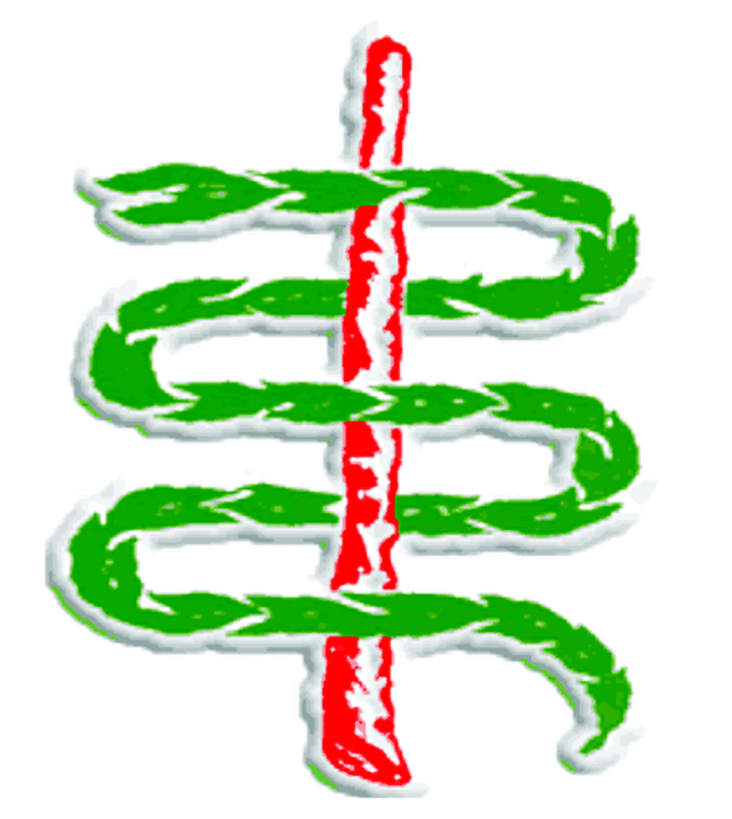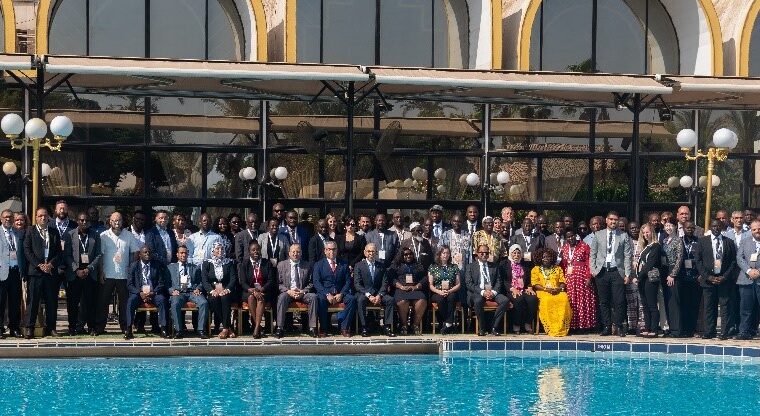African countries harness scientific advances, digital technology to prevent plant pests
Eleven African countries are taking part in a training on advanced plant health science and state-of-the-art digital tools that will better equip field staff and administrators to make timely decisions to prevent plant pest outbreaks.
The Train-the-Trainer workshop, taking place from 25-29 September 2023 in Cairo, Egypt, introduces the first phase of the Africa Phytosanitary Programme (APP), a new regional initiative designed to profoundly boost the technical capacity of Africa’s phytosanitary personnel in all 54 countries.

Participants to the Africa Phytosanitary Programme (APP) trainer of trainers in Cairo, Egypt. Pic courtesy of FAO.
The novel programme, led by the International Plant Protection Convention (IPPC) Secretariat, in collaboration with the African Union Commission on Agriculture, aims at equipping national plant protection organizations with science-based approaches, advanced technology and tools to monitor, prevent, detect, and manage significant plant pests and diseases that threaten food security, the environment and economic growth.
Africa loses billions of dollars in crop damages each year from pests, which impacts food security and economic growth. One example of these pesky pests is Fall Armyworm which causes about USD 9.4 billion loss worth of crops annually. Globally, as much as 40 percent of crop yield is lost to plant pests, which translates to about USD 220 billion in economic losses.
Addressing the pest problem in Africa calls for the use of science and technology in the timely detection of pests of economic and environmental significance to help policy makers and plant health communities make informed decisions on pest prevention, containment or eradication, as well as trade related matters.
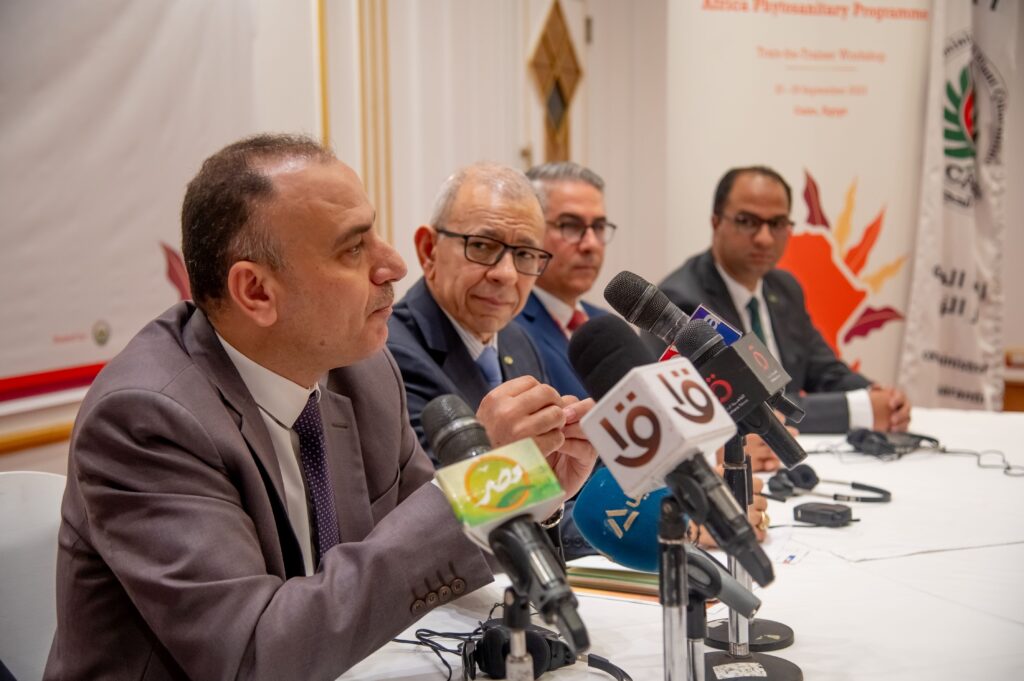
Part of the deliberations during the APP training of trainers in Cairo, Egypt. Pic courtesy of FAO.
At the training therefore, each training participant will receive the most current scientific approaches and state-of-the-art electronic data collection and reporting tools for timely decision-making on pest prevention. A customized mobile app will improve the efficiency of field staff in collecting, recording and using data on plant pests, even in remote areas with no internet connection. Once the device is back online, data is automatically updated, allowing personnel to take the necessary steps to prevent or respond to a pest threat.
The app also provides guidelines on how to detect a wide range of pests that each participating country has listed as a priority for monitoring and prevention.
Training participants are from Cameroon, Democratic Republic of Congo, Egypt, Guinea Bissau, Kenya, Mali, Morocco, Sierra Leone, Uganda, Zambia and Zimbabwe – the countries in the first phase of APP. They are expected to train field staff in their respective countries in a bid to strengthen national capacity to prevent pests.
Speaking on behalf of the Minister of Agriculture and Land Reclamation in Egypt, Dr. Ahmed Abdelmageed, the Director of the Egypt Plant Protection Research Institute, officiated at the workshop and welcomed participants.
” We as the Egyptian government are certain that the training will lead to the composition of a pool of experts who will spread and disseminate the knowledge and technology to their countries at the end of the day. Thanks to IPPC and FAO, the African countries will be able to mitigate the risks and enhance the abilities of detection, diagnosis and pest monitoring,” he said.
“We think also that the training will support achievement of the SDGs, Egypt 2030 Vision and Africa 2063 Vision,” he added.
“The connections between plant pests, crop losses and food shortages are evident in Africa,” said Jennifer Moffitt, Under Secretary of Agriculture for Marketing and Regulatory Programs, United States Department of Agriculture (USDA). “With plant pests undermining crop production and causing losses between 30-60 percent annually, the need for effective pest management strategies that address the detrimental effects of plant pests and animal diseases is critical,” she said.
“To ably deal with plant pests, the IPPC is working with the Food and Agriculture Organization of the United Nations (FAO), the African Union, USDA and partners to strengthen the capability of phytosanitary experts in the region. Increased capacity through the Africa Phytosanitary Programme will help safeguard food security and limit trade disruption of plants and plant products, ultimately contributing to achieving national, regional and global development goals,” said Osama El-Lissy, IPPC Secretary.
“On behalf of the IPPC community, we express our sincere appreciation and gratitude to the government of Egypt for its leadership and for hosting this important event,” he said.
“The tools we are using in today’s training, generously developed and shared by the Animal and Plant Health Inspection Service (APHIS) at USDA, will sharpen the technical competencies of Africa’s plant health experts and grow their arsenal of tools against plant pests,” he added.
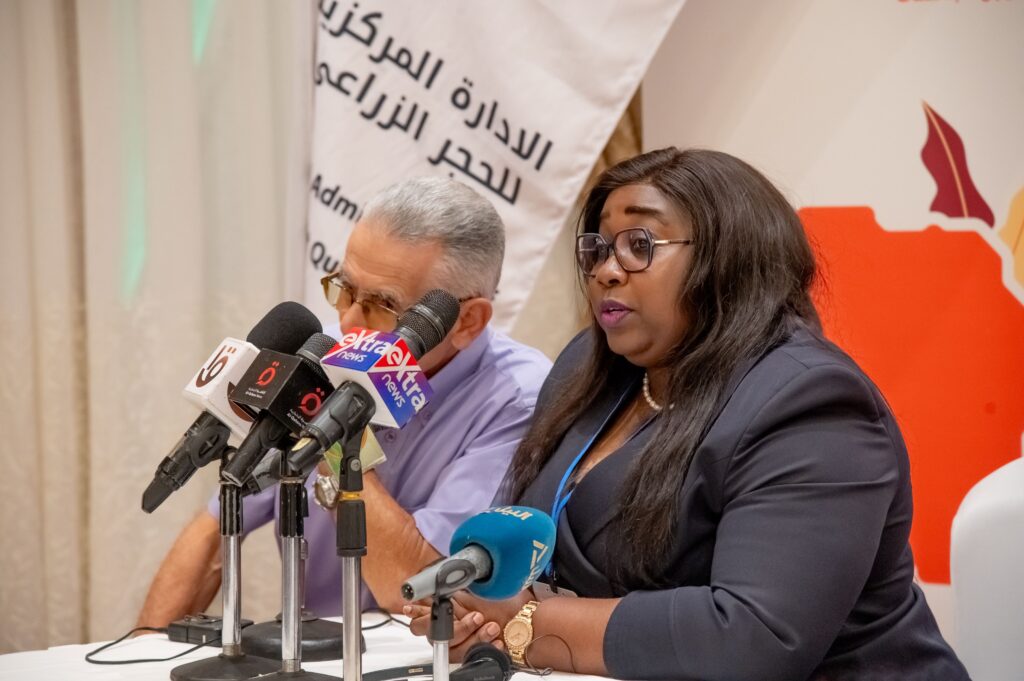
Dr Sandrine Bayendi Loudit, Senior Scientific Officer at AU-IAPSC addressing the participants. Pic courtesy of FAO
Low capacity in phytosanitary diagnostic and reporting infrastructure remains a key weakness in Africa’s plant health system, as highlighted in the Plant Health Strategy for Africa 2022-2036. The APP is envisioned to fill the gap by empowering national authorities with the capacity necessary to rapidly detect and respond to plant pests.
“To help African countries eliminate hunger and reduce poverty by raising economic growth through agriculture-led development, it is essential to enhance the continent’s phytosanitary capacity and its productivity in the agricultural sector”, said Her Excellency Josefa Sacko, the African Union Commissioner, Department of Agriculture, Rural Development, Blue Economy and Sustainable Development. She was represented by Dr. Sandrine Mariella Bayendi Loudit, Senior Scientific Officer, Entomology at the African- Union, Inter-African phytosanitary Council (AU-IAPSC).
Be assured that the African Union Commission with its mandated Specialized Technical Office the Inter-African Phytosanitary Council (IAPSC) will provide the overall strategic coordination among NPPOs and RECs; while continuing to foster the plant health strategy for Africa on the continent.
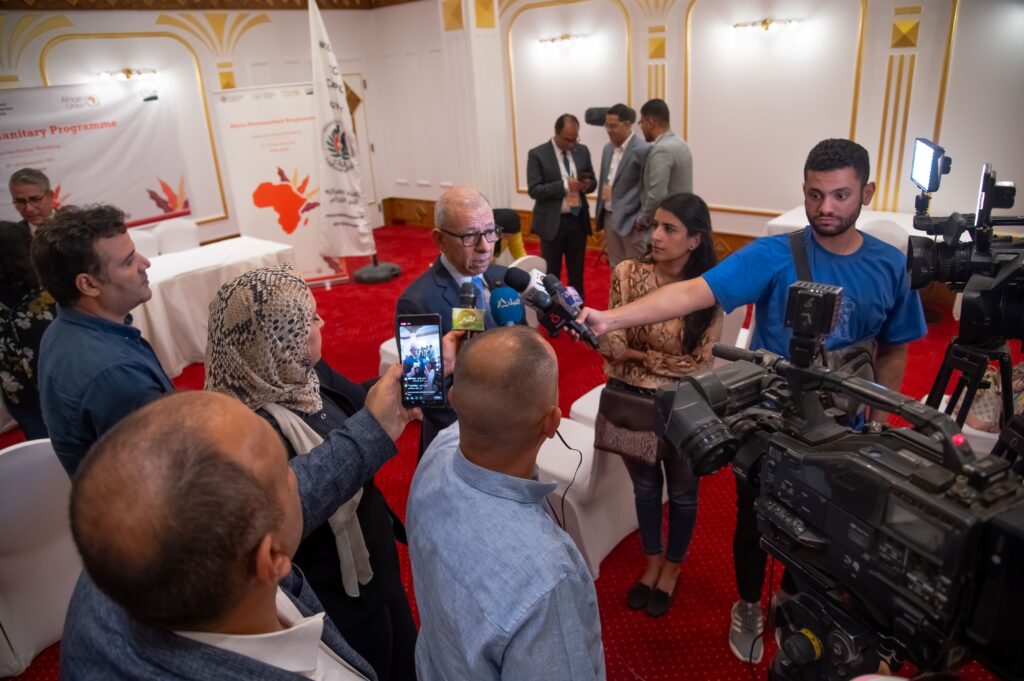
Members of the media from Egypt being briefed by IPPC Secretary Mr. Osama El-Lissy on the APP. Pic courtesy of FAO.
“The Africa Phytosanitary Programme intends to enhance African regional collaboration on emerging plant health issues, especially those related to food security, climate change and economic growth. I therefore urge participants to seize this opportunity to learn more to address the burning plant health problems in the continent by protecting agriculture and natural resources against the introduction and spread of plant pests and diseases,” she added.
“Plant protection is essential for ensuring food security and sustaining livelihoods of many farmers, producers and rural communities in Africa. Amidst a host of challenges, from pest outbreaks, conflicts, civil instability, and climate change, many African countries face difficulties in ensuring plant health and maintaining functional phytosanitary systems,” said Dr AbdulHakim Elwaer, FAO Assistant Director- General and Regional Representative for the Near East and North Africa.
“On behalf of FAO, I congratulate the IPPC and partners for starting the Africa Phytosanitary Programme, which I believe will help countries to improve their capacity to collect, produce and analyse data for policy formulation and improved plant protection”, he added.
About FAO
The Food and Agriculture Organization (FAO) is a specialized agency of the United Nations that leads international efforts to defeat hunger. FAO’s objective is to achieve food security for all and make sure that people have regular access to enough high-quality food to lead active, healthy lives. FAO works to transform agri-food systems by promoting sustainable production and consumption, including protecting the world’s plants to achieve global food security. FAO works in over 130 countries worldwide and has 195 members – 194 countries and the European Union.
About IPPC
The IPPC is an international treaty ratified by 184 countries, aiming to protect the world’s plant resources from the spread and introduction of pests, and promoting safe trade. International Standards for Phytosanitary Measures (ISPMs), developed under the auspices of the IPPC, assist countries in implementing national phytosanitary standards and import requirements. The IPPC, deposited at FAO, is the sole global standard-setting entity for plant health.
